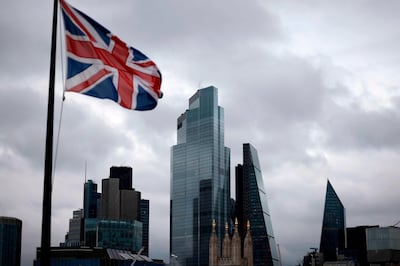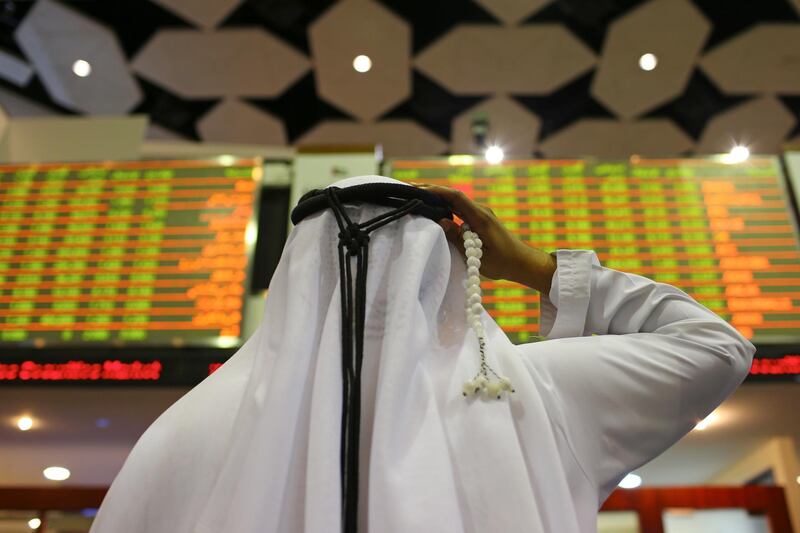As Covid-19 continues to preoccupy governments around the world, perhaps the only things spreading at the same pace as the pandemic is gloom among economists and treasuries. The full extent of the crisis with respect to the global economy remains to be seen, but most countries are experiencing a significant downturn.
This renders outside-the-box thinking, and tapping new sources of capital, all the more necessary. And that offers the opportunity to strengthen the bridges that link different cultures in the global financial sector.
Speaking at the virtual UK Islamic Finance Week, Andrew Hauser, the executive director of markets at the Bank of England, told delegates that the principles of Islamic finance are particularly well-suited to the UK’s post-pandemic economic recovery.
To back up these words, the institution has announced the launch date for a Sharia-compliant, non-interest based deposit facility. This will be unique in the history of any Western central bank, and will come in the first quarter of 2021.
For decades, the UK has been more welcoming of Islamic finance compared to Europe and the US. There are now four Islamic banks with a combined worth of $6.7 billion in the country.
Mr Hauser’s announcement recognises and includes the important role Middle Eastern investors, many of whom are used to Sharia-compliant banking, play in the health of the British economy. It also strengthens that role, helping to make the economy as a whole more diverse and resilient as the country faces difficult times ahead.
Mr Hauser emphasised two core principles of Islamic finance, in particular, that are well suited to supporting post-pandemic recovery.
First is the sector’s philosophical emphasis on managing and sharing risk between consumers and banks. In today’s difficult economic climate, this sense of caution is no bad thing.
Second is the tendency of Islamic finance institutions to avoid socially detrimental investments. Many believe such an approach offers significant scope for growth as, particularly younger investors – be they Muslim or non-Muslim – start to assemble portfolios that do not just offer good returns, but also ones that protect the planet and its people.
So rather than just adding to lofty ideals, there is real evidence that Islamic finance could ride the wave of a wider and booming environmental, social and governance sector (ESG), which also promises customers ethical investments.

The value of ESG assets have almost doubled over four years to $40.5 trillion. One reason for this is a greater desire among young investors for their money to boost ethical causes. It has been estimated, for example, that 86 per cent of millennials are twice as likely to invest in funds focused on social or environmental causes than the rest of the population. And so many hope that having an ethical dimension to the post-pandemic recovery will prove highly effective.
All central banks have a huge task ahead of them. Economists have long argued that the more diverse an economy is, the more resilient it will be to the inevitable shocks and crises. And the pandemic will perhaps deliver one of the biggest challenges in history.
This will be particularly true for Britain as it prepares to leave the EU. Many bankers have been concerned that the country’s departure would damage the hugely important financial sector in the UK. The Bank of England’s new strategy will reassure them that Britain still derives inspiration from abroad, and sees the wealth and opportunity that lie beyond its shores.






